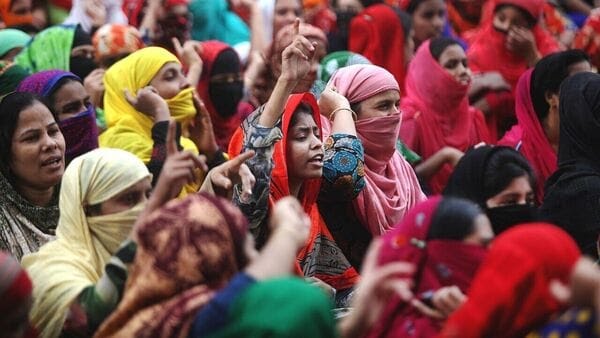
As crimes continues so does India’s battle against gender-based violence continues. Despite significant legislative changes and public outcry after events like the 2012 Delhi gangrape, #MeToo movement, and wrestlers’ protests,
India has experienced several pivotal moments in the fight against crimes against women. From the horrific 2012 Delhi gangrape to the rise of the #MeToo movement in 2018, these events have triggered nationwide conversations about gender-based violence. The 2023 wrestlers’ protest over allegations of sexual abuse, followed by the recent rape-murder case in Kolkata and reports of misconduct in Malayalam cinema, are the latest in a long line of incidents that have ignited public outrage and renewed calls for stronger legislation, including demands for the death penalty in cases of sexual violence.
Yet, despite these moments of reckoning, India’s struggle to eradicate gender-based violence continues to persist across sectors—civic life, business, entertainment, and politics.
Legislative Attempts to Address Gender-Based Violence in India.
In the aftermath of the 2012 Delhi gangrape case, India introduced the Criminal Law (Amendment) Act of 2013, which sought to tighten laws around sexual violence. That same year, the Sexual Harassment of Women at the Workplace (Prevention, Prohibition, and Redressal) Act (PoSH Act) was introduced, aiming to protect women’s right to work in a dignified and safe environment. However, despite these progressive legal reforms, the effectiveness of these laws remains in question more than a decade later.
Challenges in Implementing Sexual Harassment Laws
While India has made legislative efforts to curb crimes against women, experts argue that implementation remains a significant barrier. Economist Mitali Nikore, a specialist in gender issues, explains that although policies like the PoSH Act exist, the real challenge lies in the allocation of adequate resources to ensure proper enforcement. The Supreme Court of India has also expressed concerns over the “serious lapses” in the enforcement of the PoSH Act, signaling that more needs to be done to protect women from harassment, especially in the workplace.
Persistent Gender-Based Violence Across Sectors
Despite these legal frameworks, incidents of gender-based violence continue to occur across various sectors in India. The entertainment industry, for example, has been rocked by misconduct allegations, most recently in Malayalam cinema. In business and politics, similar issues have emerged, revealing a widespread culture of impunity that has yet to be fully addressed. The need for stronger implementation and monitoring mechanisms for existing laws is more pressing than ever.
A Long Road Ahead in Addressing Gender-Based Violence in India.
While India has undoubtedly made strides in addressing crimes against women, there is still a long way to go in terms of implementation and enforcement. Public outcry and legislative changes following high-profile cases like the 2012 Delhi gangrape and the #MeToo movement have spurred progress, but the core issues of resource allocation and systemic barriers to justice remain unresolved. To fully eradicate gender-based violence, India must not only introduce strong laws but also ensure their consistent and effective implementation across all sectors.For more information on gender issues and ongoing legal reforms, visit India’s Ministry of Women and Child Development.